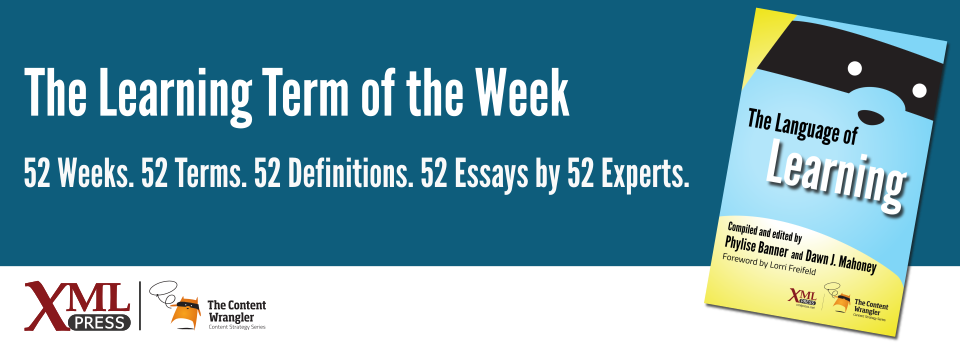What is it?
The name given to theories of learning grounded in the notion that meaning is imposed on the world rather than extant in it. Constructivists hold that meaning is constructed in our minds as we interact with the physical, social, and mental worlds we inhabit and that we make sense of our experiences by building and adjusting the internal mental structures that collect and organize our perceptions of, and reflections on, reality.
Why is it important?
Constructivism is important because it points to the types of activities that support robust learning, namely activities that are learner-centered, social, and active and which incorporate authentic contexts.
Why does a business professional need to know this?
A business professional should know what constructivism means because it is the learning theory most commonly accepted by educators worldwide. It not only describes how we believe people learn, it suggests pedagogical strategies to support learning.
Although there are a variety of constructivist theories—cognitive constructivism, constructionism, social constructivism, situated learning, distributed cognition—such theories basically represent different points of view on shared assumptions about the nature of learning and the construction of knowledge.
Constructivism refers to a set of psychological theories that share common assumptions about learning and which collectively represent the most widely accepted beliefs about how people learn. According to constructivists, all learning involves mental construction, no matter how one is taught.
All learning occurs in our minds as we create and adjust internal mental structures to accommodate our ever-growing and ever-changing stores of knowledge. All knowledge is thus unique to the individual, and all learning is an active process, intimately tied to experience and the contexts of experience, no matter how or where that learning takes place.
Although constructivism is neither a pedagogical theory nor a theory of instruction, it does have implications for both. In particular, it suggests that education should focus on learners and learning and not on teachers and teaching.
References
- (Hein 1991) Constructivist Learning Theory: Hein, George E. (1991). CECA (International Committee of Museum Educators) Conference, 15–22 October, 1991.
- (Jonassen 1991) Objectivism versus Constructivism: Do we Need a New Philosophical Paradigm?: Jonassen, David H. Educational Technology Research and Development 39, no. 3, (1991):5–14. Available through subscription or purchase.
- (Merrill 1991) Constructivism and Instructional Design: Merrill, M. David. Educational Technology 31, no. 5 (May 1991):45–53. Available through subscription or purchase.

